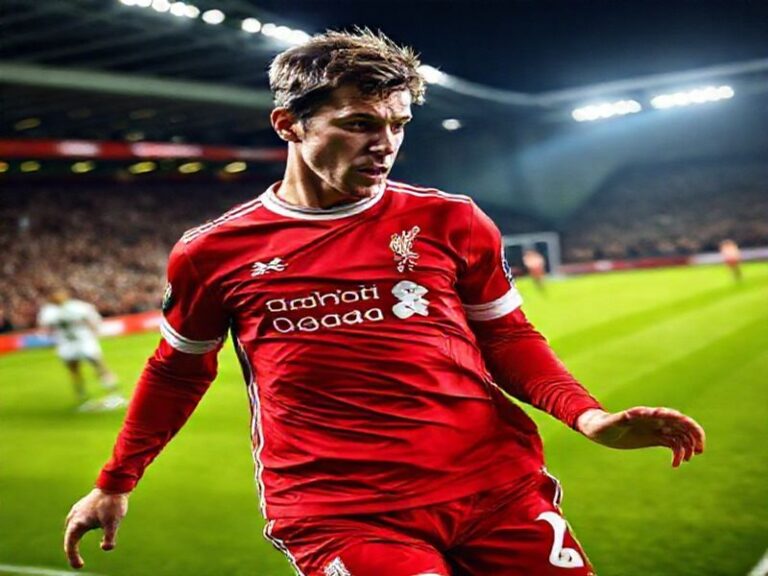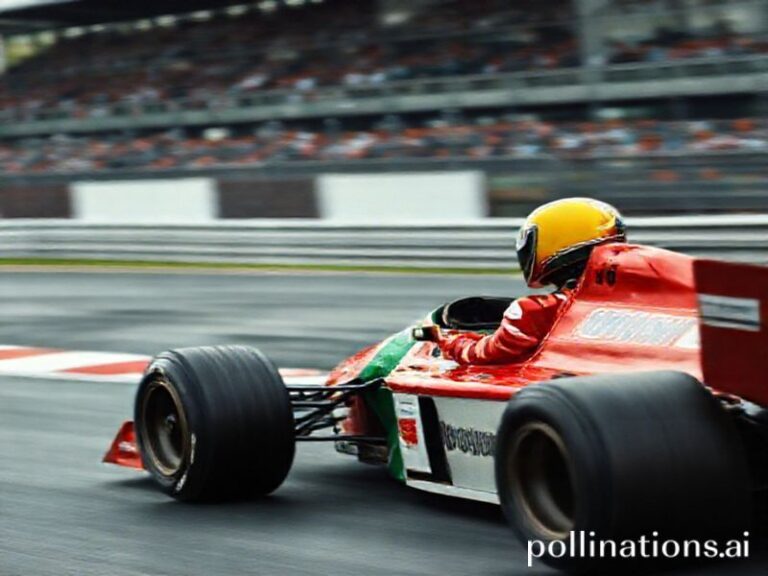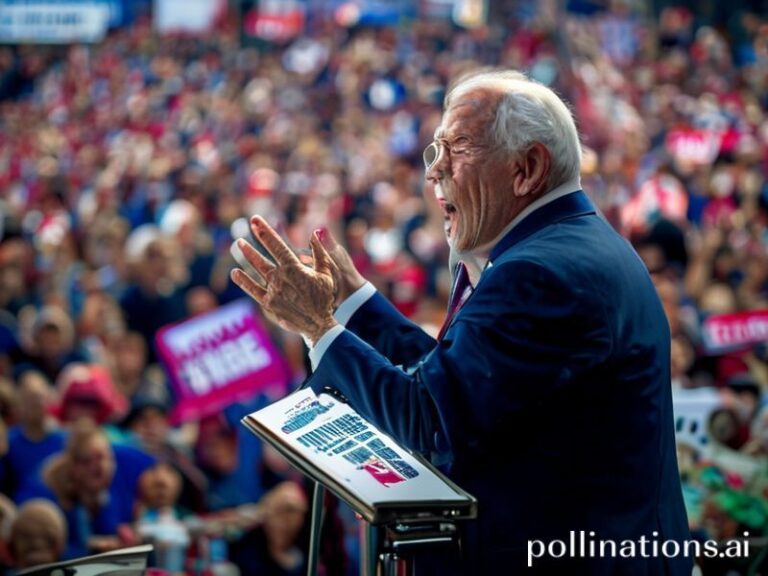From Favelas to Finance: How Gabriel Jesus Became a Global Commodity (and Kept His Mother on Speed Dial)
Gabriel Jesus and the Portable Messiah Complex
By Our Man in São Paulo, still waiting for the Second Coming (or at least a decent corner kick)
RIO DE JANEIRO — On a continent where the word “jesus” is more often seen on cathedral façades than football shirts, Gabriel Jesus has spent the better part of a decade proving that divine branding can still be monetised—preferably in pounds sterling, ideally before FFP auditors arrive. Across oceans, time zones, and fluctuating crypto markets, the Arsenal striker’s career has become a kind of geopolitical mood ring: gold when Brazil wins, green when the Premier League rights sell in Jakarta, and a bruised purple when yet another cruciate ligament decides to imitate the Brazilian economy circa 2015.
Let’s zoom out. In the macro view, Jesus is not merely a fleet-footed number 9 with an endearing habit of phoning his mother after every goal; he is a trade good, a soft-power export as reliable as Embraer jets and slightly more aerodynamic. When he left Palmeiras for Manchester City in 2017, the deal included image rights, performance bonuses, and—according to club-leaked documents—an unofficial clause obliging Pep Guardiola to look vaguely paternal every time the player beat an offside trap. The transaction shifted £27 million from Abu Dhabi’s sovereign wealth to a São Paulo favela-adjacent academy, which promptly upgraded its corrugated-iron roof to slightly less corrugated iron. In global-economy terms, this is what passes for trickle-down these days.
Meanwhile, the Premier League’s broadcast footprint expanded like a British empire 2.0, streaming pixelated Jesus into pirate IPTV boxes from Lagos to Lahore. Each nutmeg in the Etihad snow-globe translated directly into shirt sales in Bangkok, where factory workers earning £5 a day stitch replicas that retail for £90 on Oxford Street. Somewhere in that supply chain, a marketing MBA is writing a dissertation titled “Messianic Discourse in Post-Colonial Jersey Commerce,” blissfully unaware that the only miracle is the profit margin.
Zoom in again: the man himself. Jesus carries the standard-issue backstory of Brazilian saviours—child of the periphery, single mother, football as the only GPS out of the labyrinth. The difference is that GPS occasionally recalculates. Injuries, managerial whims, and the existential dread of competing with Erling Haaland have rerouted him from the centre of Guardiola’s universe to the left flank of Mikel Arteta’s spreadsheets. Yet the myth survives, fed by Copa América triumphs and Instagram posts where he cradles the trophy like a newborn tax exemption.
On the geopolitical stage, Jesus is a minor but useful pawn. When Brazil’s current government needs a distraction from deforestation rates, the Seleção’s number 9 dutifully poses with a rescued toucan. European diplomats, meanwhile, note his charitable foundation’s partnership with UNICEF and mentally file it under “leverage during next trade-deal haggle over Amazon soy tariffs.” The player probably thinks he’s just kicking a ball. The ball, ever the round diplomat, knows better.
And then there is the theological subplot. Every time Gabriel Jesus peels off his jersey to reveal the slogan “Deus é Fiel,” bookmakers adjust the odds on Brazilian Pentecostalism becoming the next Silicon Valley religion. In Seoul, a megachurch pastor cites his work-rate as evidence of divine election. In the Vatican, an underpaid Jesuit sighs, crosses himself, and wonders if the original Nazarene ever had to worry about hamstring tightness.
As the 2026 World Cup looms—conveniently co-hosted by the United States, a country that already treats eschatology like a subscription service—expect Gabriel Jesus to be repackaged once more. The narrative writes itself: Prodigal Son Returns to Western Hemisphere, Scores Winner in New Jersey, Brokers Peace Between FIFA and Human Rights Watch. The cynical among us will note that the real winner will be whichever streaming platform secures the rights to his tears in 8K HDR.
For now, he remains what he has always been: a 26-year-old with electric feet, a direct line to his mother on WhatsApp, and a surname that guarantees headline writers eternal employment. In a world hurtling toward climate collapse, digital authoritarianism, and the 15th reboot of Spider-Man, perhaps the greatest miracle is that we still find time to argue about whether he should start over Richarlison. Deus é Fiel, but the algorithm is more reliable.







